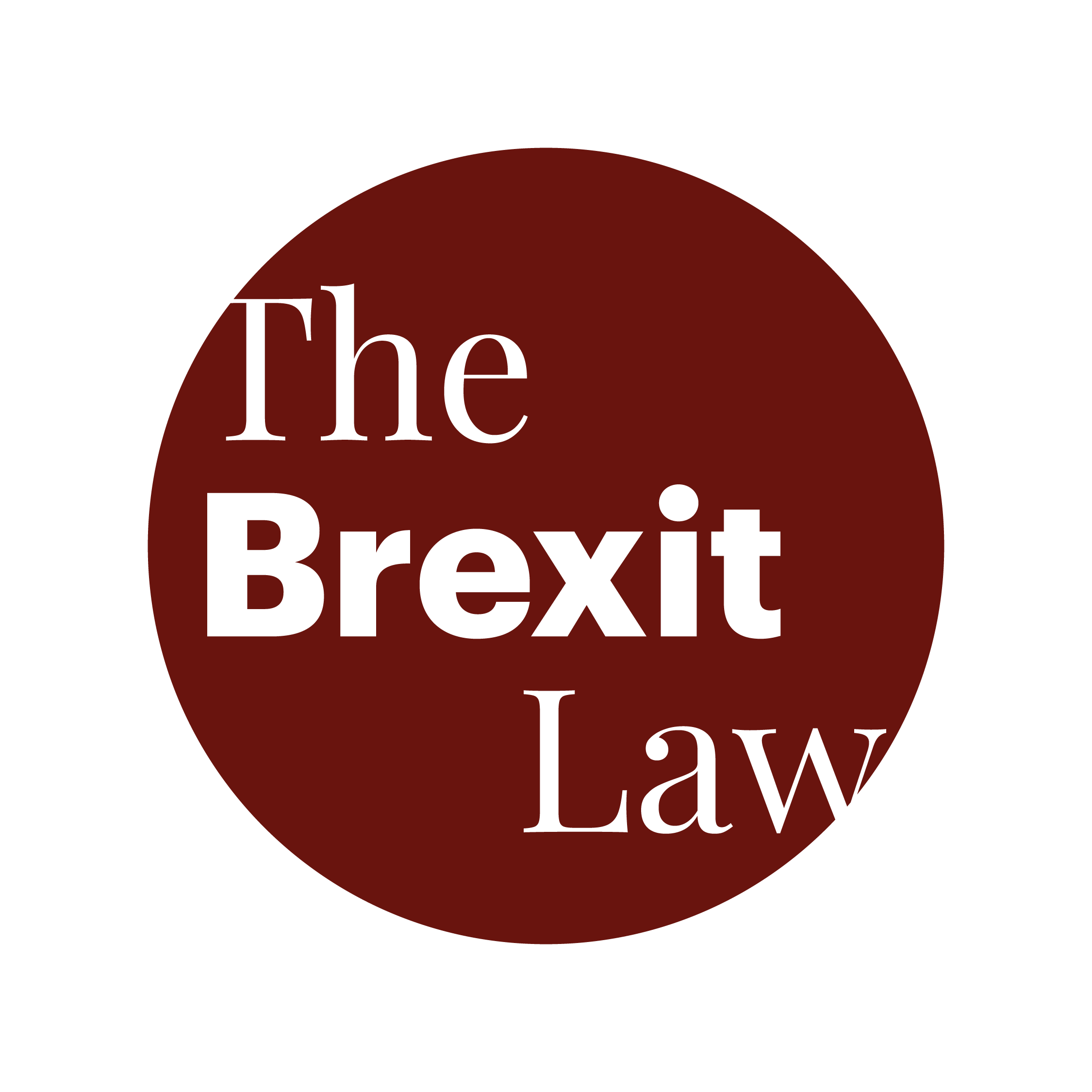Spanish central bank recently published its quarterly report in which they have evaluated the impact of the Covid-19 pandemic on the Spanish economy, by formulating three possible post coronavirus scenarios. Before analysing in further detail the report, we should highlight the fact that these scenarios are all hypothetical and have been created in absence of valid historical references with which to compare the current global crisis. Therefore, the predictions should not be taken as indisputably certain and should be reviewed and adjusted as the unprecedented health crisis develops.
The scenarios devised differ in two aspects, the first being the duration of the period in which measures of confinement on the population and restrictions in the economic activity continue being applied and the second, the persistence of the economic shock produced by the pandemic. These aspects yield the following scenarios:
- Scenario 1: 8-week confinement period and a quick economic recovery from the health crisis.
- Scenario 2: same confinement period as before, 8 weeks, but in this case the measures taken by the government to mitigate the economic consequences of the coronavirus have been less effective, generating a liquidity problem and consequently, solvency troubles for businesses.
- Scenario 3: 12 weeks of confinement. The prolonged State of Alarm will inevitably produce a negative impact on the economy and delay the return to normality.
The three scenarios have been reproduced and unsurprisingly, all forecast a dull future. Employment drops and so does consumption as many families see their income reduced. Unemployment rate is estimated to reach the unsettling figure of 20,6%.
Private investments are paralyzed due to uncertainty and public expenditures increase as a consequence of the measures taken by the government to secure the populations wellbeing. In all scenarios Spain’s GDP is significantly reduced, ranging from -6.6% in the first scenario to -13,6% in the third. These predictions reaffirm the ones made by the International Monetary Fund at the beginning of April, in which they estimated an 8% drop in Spain’s GDP. The percentage translated into numbers is of approximately 99.000M€. The data anticipates an economic recession that will only be alleviated by the capacity to reactive part of the damaged productive activity which, at the same time, depends on the perception of health risk in the coming months.
Looking ahead to 2021, the Spanish economy can be expected to recover a significant, but not complete, part of the flow of the activity and employment expected before the pandemic.
Written by Sara Caselles Gayà
Read more about Taxation Law.





